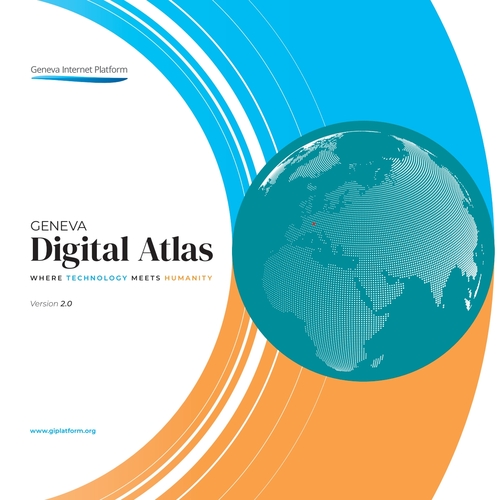Birth of Jean-Jacques Rousseau
Jean-Jacques Rousseau, born in Geneva on 28 June 1712, was one of the most important philosophers of the Enlightenment. His most influential works were Discourse on Inequality and The Social Contract.
The strongest man is never strong enough to be always master, unless he transforms his power into right, and obedience into duty.
Rousseau, J.-J. (1762). The social contract. Book I. Chapter III. https://www.sparknotes.com/philosophy/socialcontract/full-text/book-i-chapter-iii/
The call of the UN Secretary-General for societies worldwide to work on social contracts, addressing profound changes in modern society, renewed the relevance of Rousseau’s thinking. His Social Contract will be important reading as we try to answer critical questions about modernity and our future.
According to Rousseau, social contracts are not formal contracts signed on the dotted line by all citizens. They are representations of the general will of all citizens around a few key principles. A process in which citizens regularly participate in public debates and decision-making is at the core of a social contract. It is much more than an occasional vote.
Rousseau’s social contract is demanding on citizens. It requires being very involved in politics and always learning more about how to be a good citizen.
His home city, Geneva, has come close to his ideal of a lively and engaging democracy.
Rousseau also argued that sovereignty stays with individuals, not the state. This idea could be important in the current talk about digital sovereignty, which usually means that states have control over digital networks and data. If we apply Rousseau’s thinking, digital sovereignty should be based on a person’s right to control their own data and digital assets.
The question of a social contract was popular among other Enlightenment thinkers.
Hobbes, for example, in his Leviathan proposed a less demanding form of the social contract on citizens than Rousseau’s (1). Citizens were supposed to give their natural rights to a sovereign (state) in exchange for the state guaranteeing their safety.
Here you can find an excerpt from Jovan Kurbalija’s study published in the Geneva Digital Atlas: EspriTech de Genève | Why does technology meet humanity in Geneva?
- Hobbes, T. (1651). Leviathan. https://www.bl.uk/collection-items/hobbess-leviathan
Event video


